
Uganda’s State-Sponsored Homophobia
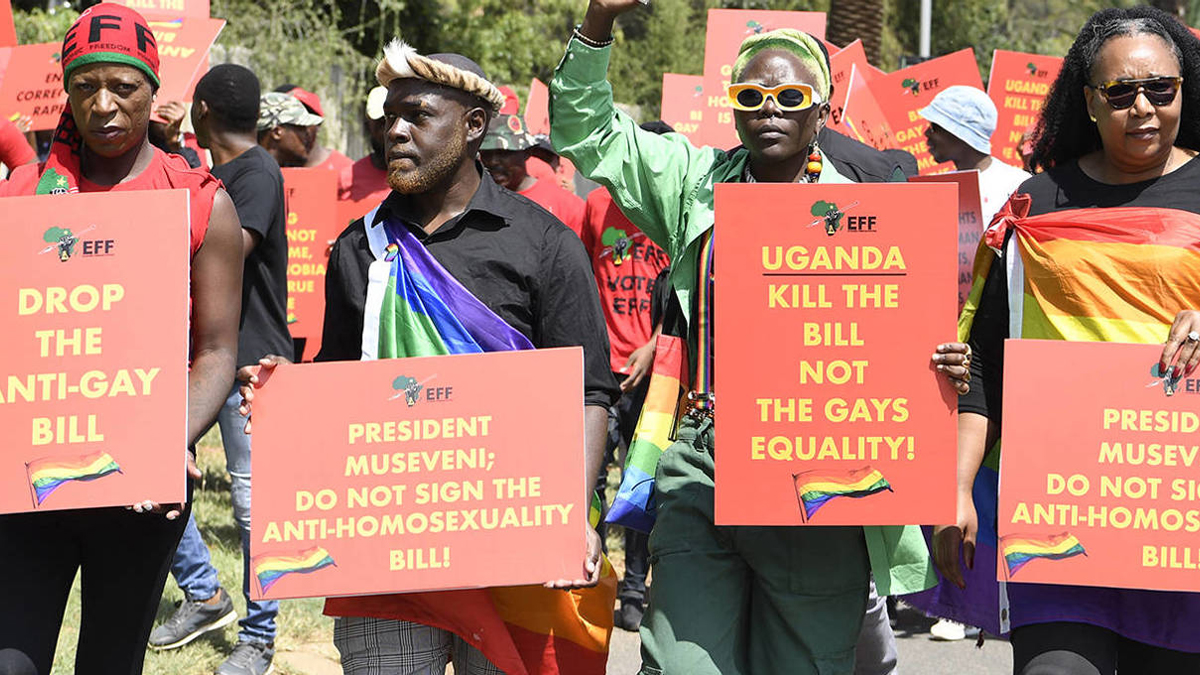
KAMPALA – In late May, Ugandan President Yoweri Museveni signed the Anti-Homosexuality Act, a new law that institutionalizes the persecution of lesbian, gay, bisexual, transgender, queer, and intersex (LGBTQI+) people and, more broadly, promotes a culture of hate.
The Act is one of the world’s harshest anti-LGBTQI+ laws. It criminalizes consensual same-sex relations and imposes severe penalties, including life imprisonment for anyone who engages in gay sex and the death penalty for “aggravated homosexuality,” defined as homosexual acts involving individuals infected with HIV, children, or disabled people. Equally worrying is the broad and vague provision that outlaws the “promotion of homosexuality” and mandates a prison term of up to 20 years for offenders.
Beyond being punitive, this anti-gay legislation infringes on Ugandans’ constitutional rights, including the right to privacy, freedom from discrimination and from cruel and degrading treatment, and the presumption of innocence. Moreover, by criminalizing the promotion of homosexuality, the Anti-Homosexuality Act shuts down debate, limits access to HIV-related services, and curtails freedom of expression, thought, assembly, and association.
The Act also breaches several regional and international human-rights treaties to which Uganda is a party. These include the International Covenant on Civil and Political Rights and the African Charter on Human and Peoples’ Rights, both of which prohibit discrimination on the basis of sex (which the UN human-rights committee and courts hve interpreted to include sexual orientation).
The devastating impact of this draconian law on LGBTQI+ people in Uganda cannot be overstated. The Ugandan government has effectively sanctioned mob justice, and individuals fear that expressing their sexuality or gender identity could put them at risk of violence. The introduction of the bill to parliament in early March already precipitated a rise in anti-gay human-rights violations: between March 21 and April 20, the Human Rights Awareness and Promotion Forum documented 59 unlawful arrests, evictions, and assaults targeting LGBTQI+ people.
Codifying discrimination is by no means an aberration in Uganda, where the LGBTQI+ population has long contended with societal homophobia and the absence of legal protections. The country’s first anti-gay legislation was, in fact, inherited from British colonialists. Codified in the 1950 Penal Code, and later strengthened in the 1990s, the law imposes severe punishments for same-sex acts, categorizing them as “against the order of nature.”
The push for tougher legislation has intensified over the past decade. In December 2013, Uganda’s parliament passed the Anti-Homosexuality Act of 2014, with punishments for homosexual behavior almost as severe as in the 2023 version. But the Constitutional Court later struck it down, on the grounds that the parliament was inquorate at the time of the vote. Since then, populist lawmakers have repeatedly introduced similar bills. Funded by Western right-wing and religious groups, these self-serving Ugandan politicians employ incendiary homophobic rhetoric under the guise of defending “African values” against what they perceive as the West’s imposition of LGBTQI+ rights. Yet they fail to recognize that homophobia is a legacy of Western colonialism.
The role of Christian fundamentalist groups in exporting hate and homophobia to Africa was on full display at a recent inter-parliamentary conference on family values held in Kampala. Family Watch International, an Arizona-based organization deemed an anti-LGBT hate group by the Southern Poverty Law Center, helped fund and organize the event, which was attended by religious leaders, youth activists, and members of parliament from more than 20 African countries. The attendees called on their governments to criminalize homosexuality and same-sex unions and to enact stricter penalties for engaging in gay sex, further marginalizing and stigmatizing LGBTQI+ people and fostering an environment of fear and hostility.
For all the talk of an anti-African cultural agenda, signing the Anti-Homosexuality Act into law is ultimately a distraction from issues such as rising inflation, an under-resourced health system, and increased insecurity. Uganda’s government has historically scapegoated sexual minorities to deflect public criticism of its failed policies and to consolidate support. By targeting a marginalized group for vilification, the government seeks to create a common enemy and manipulate preexisting biases to advance its political interests.
And yet, despite the escalating threats, the fight for LGBTQI+ rights in Uganda continues. Human-rights activists in the country have initiated legal proceedings to challenge the constitutionality of the Act. The outcome remains uncertain, but there is hope that, like its predecessor in 2014, the new law will not survive.
The LGBTQI+ community and activists advocating for the rights of sexual minorities in Uganda must be commended for their unwavering resilience and determination. But achieving a truly inclusive society requires Ugandans to reject discriminatory ideology and embrace the principles enshrined in the country’s constitution: equality, dignity, inclusion, and tolerance. Only a shared commitment to equality and justice can ensure freedom for all.
Sarah Kihika Kasande, a human-rights lawyer, is Head of the International Center for Transitional Justice’s Uganda office and Co-Founder of Chapter Four Uganda, a human-rights organization focused on protecting civil liberties.
Copyright: Project Syndicate, 2023.
www.project-syndicate.org






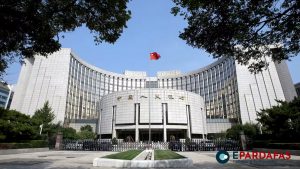
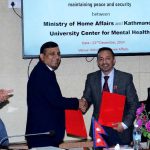



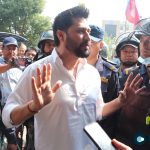
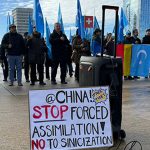
Comments